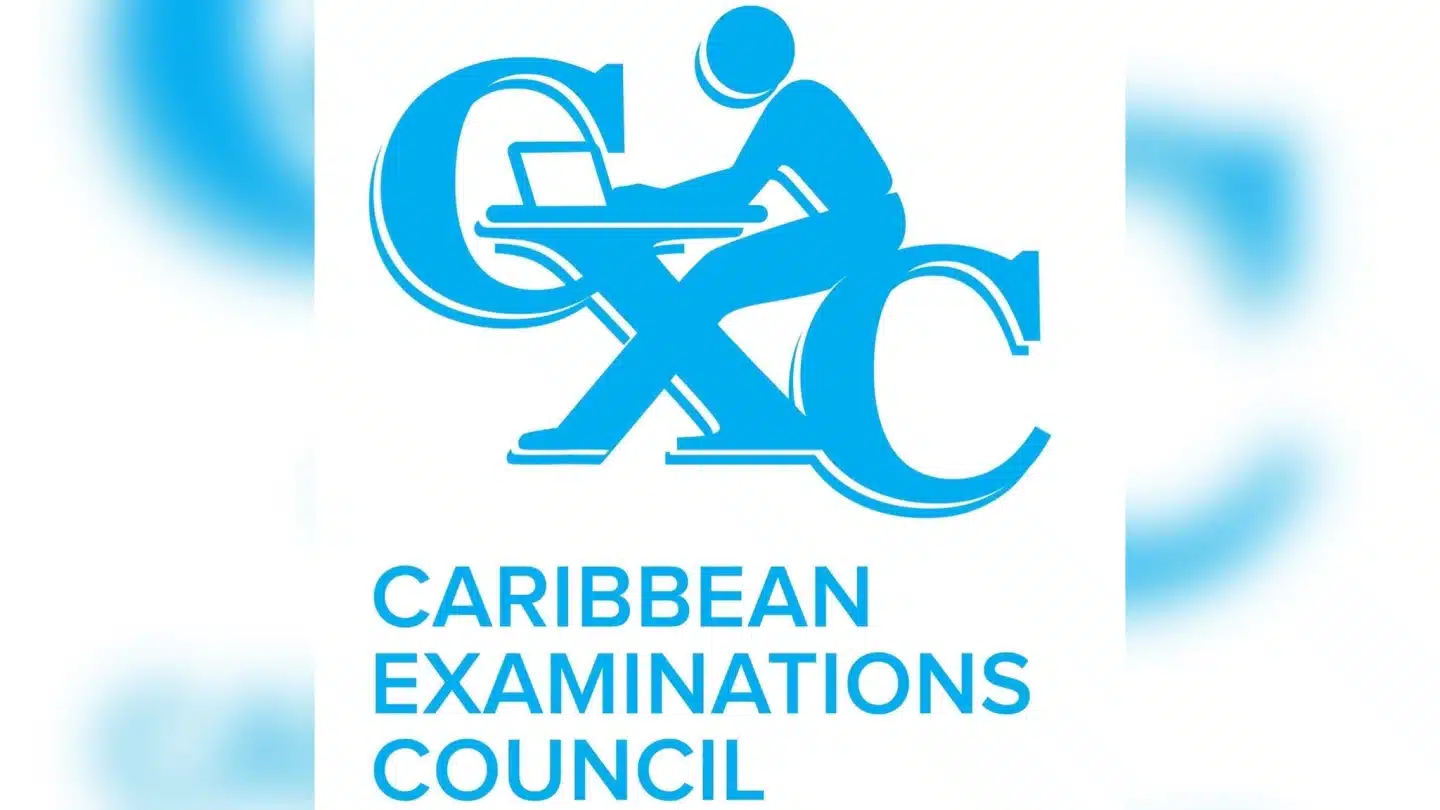This year’s Caribbean Secondary Education Certificate (CSEC) exam saw a disappointing performance in Mathematics by secondary school students, which has become a concern for the Caribbean Examination Council (CXC).
CXC released the results for both CSEC and the Caribbean Advanced Proficiency Exam (CAPE). Based on the results, CSEC students had an overall acceptable performance of 36 per cent, down from 43 per cent last year.
According to CXC CEO Dr Wayne Wesley, students’ failure to get a full certificate inclusive of Mathematics and English is an obstacle to regional growth and development and since 2018, has averaged at over 11,000.
“We have been losing almost 11,500 students on average who will not fully matriculate into university because you need Math and English. You’ll have 11,500 students who will be under-employed if they are because if you don’t have Math and English, employers are going to pay you less. You have students who will require rework,” Dr Wesley said.
“Most importantly, it is having a negative effect on the economic competitiveness of the region because you’re having less students being able to drive the innovation that is required for the economy to advance and for critical thinking and problem-solving attitudes to be developed. So, we are in a very challenging time that we need to give greater attention to Mathematics and English. Let’s ensure that students leaving the school system, if they don’t have anything else, let’s ensure that they are numerate and literate.”
To address these issues, Dr Wesley said CXC has assembled a team to create standards for literacy and numeracy. This team will collaborate with AI to devise specific interventions for improvement and identify opportunities for development. The aim of this programme is to support the existing education system.
Additionally, Dr Wesley said CXC is looking into using AI tools, such as Chat GPT, to enhance the teaching and learning process.
“This is not intended to be the panacea, but I think as an examining body, we need to assist the ecosystem collectively, us together will have to sit down and figure out a way to correct this serious problem impacting the development of the human capital of the region.” Meanwhile, CXC also reported an increase in student infractions. There were a total of 54 irregularities (six at CAPE and 49 at CSEC), compared to 36 last year (17 at CAPE and 19 at CSEC).
The cheating methods included the use of cellphones, smartwatches, passing notes, and even one attempt to impersonate a candidate.
“Of course, the situation was identified, and the candidate is not only disqualified but debarred for two years. So, it’s a very serious matter,” CXC’s Director of Operations Dr Nicole Manning said.
“Materially, the increase is really the utilisation of unauthorised devices. Predominantly, that’s your smartwatch, phones. While it is important for us to actually do the investigation and the research as to why this has increased, usually, as I made mention, candidates are admittedly saying ‘I would not have been prepared because I’m Googling the answer’, or ‘I am trying to check my phone for some information that I would have placed there’. You also have unauthorised materials where candidates take actual paper and try to take the paper in and they are caught. Sometimes candidates share information across. So, it’s speaking to a level of ill-preparedness for the exam,” she added.
There were also concerns raised about absenteeism. At the CAPE level, there was a five per cent absenteeism rate, which was higher than in 2023. Similarly, CSEC had a 6.66 per cent absenteeism rate compared to last year’s 6.9 per cent. The main reasons for absenteeism were personal emergencies, students not feeling adequately prepared, documented illness, a death in the family, or personal preference not to attend.
Although there was a slight reduction compared to last year, CXC is concerned about an average of three per cent and four per cent of students failing to submit school-based assessments to the council and their teachers respectively.
When contacted for comment about Trinidad and Tobago’s CAPE and CSEC results, Education Minister Dr Nyan Gadsby-Dolly said she was in Barbados on assignment. She confirmed receiving the statistics and committed to perusing it before issuing a statement.



